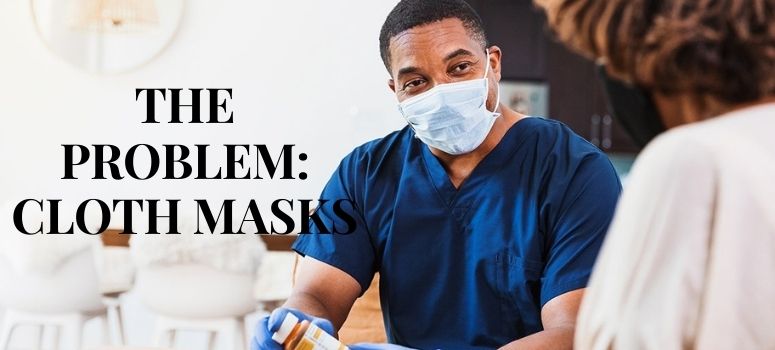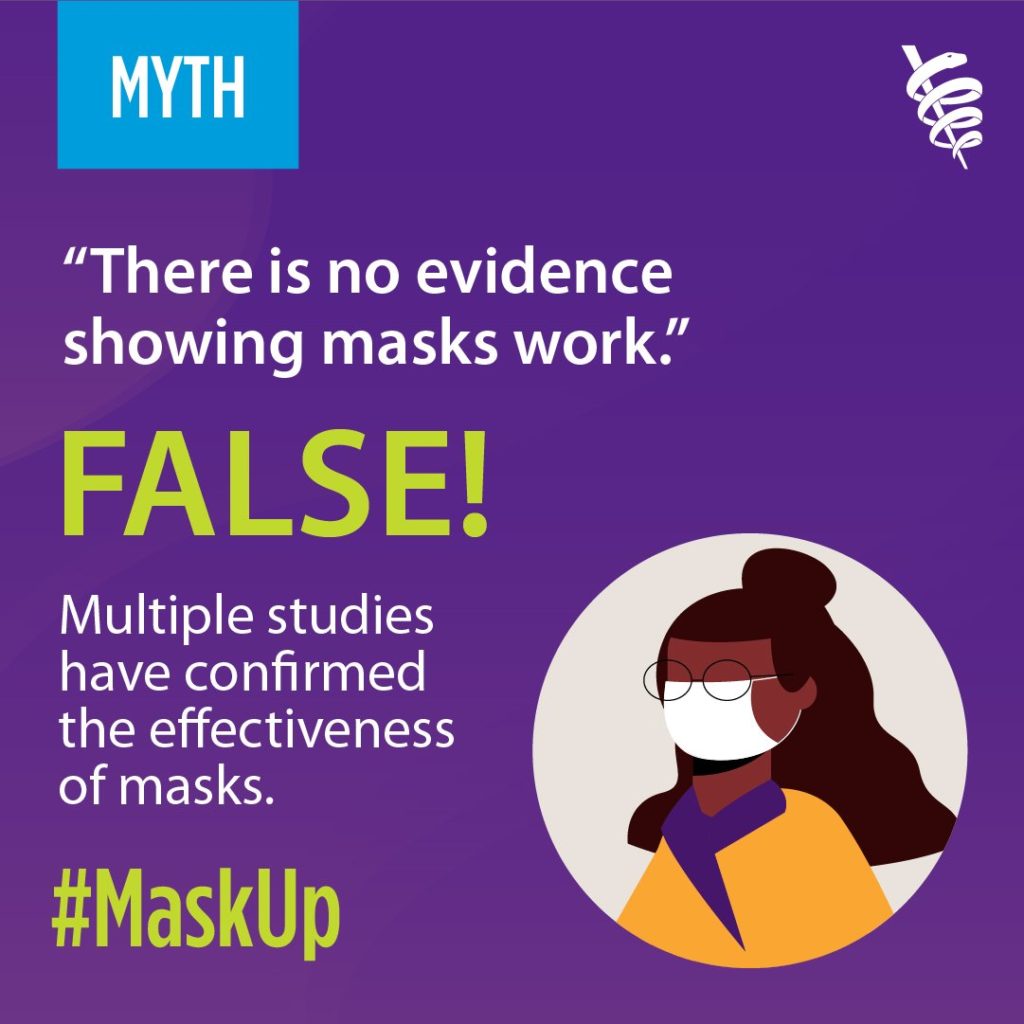Most people are still wearing cloth masks. Here’s why that’s a problem with omicron
Your cloth face mask isn’t protecting you against the coronavirus variant omicron, health officials say.
As common as cloth face masks have become, health experts say, they do little to prevent tiny virus particles from getting into your nose or mouth and aren’t effective against the new variant.
“Cloth masks are not going to cut it with omicron,” says Linsey Marr, a researcher at Virginia Tech told NPR.
Health experts are urging the public to opt for three-ply surgical masks, KN95 masks or N95 masks, which offer more protection against the highly contagious variant.
Omicron spreads more quickly and efficiently than other known coronavirus variants and is extremely transmissible – even through thick fabric face masks. Several countries, such as Germany and Austria, have surgical masks requirements in public.
What kind of mask should the public wear?
There are three types of masks that WHO recommend for the public:
- Reusable non-medical masks which comply with the ASTM F3502 standard or CEN Working Agreement 17553, or a non-medical mask meeting WHO essential parameters;
- Disposable medical masks which comply with medical mask standards EN 14683 Type I, ASTM F2100 Level 1, YY/T 0969, YY 0469 (or equivalent);
- Other types of well-fitting non-medical masks, including homemade multi-layered masks are an acceptable option, when other options are not available.
Disposable medical masks are also recommended for the following groups, because if infected, they are at a higher risk of becoming seriously ill with COVID-19 and dying:
- People aged 60 or over.
- People of any age with underlying health conditions, including chronic respiratory disease, cardiovascular disease, cancer, obesity, immunocompromised patients and diabetes mellitus.
Disposable medical masks are also recommended for:
- Anyone who is feeling unwell, including people with mild symptoms, such as muscle aches, slight cough, sore throat or fatigue.
- Anyone awaiting COVID-19 test results or who has recently tested positive.
A respirator or a medical mask should be worn by to caregivers at any setting where care is provided to patients with suspected or confirmed COVID-19, including home care, long-term care facilities and community care settings.






